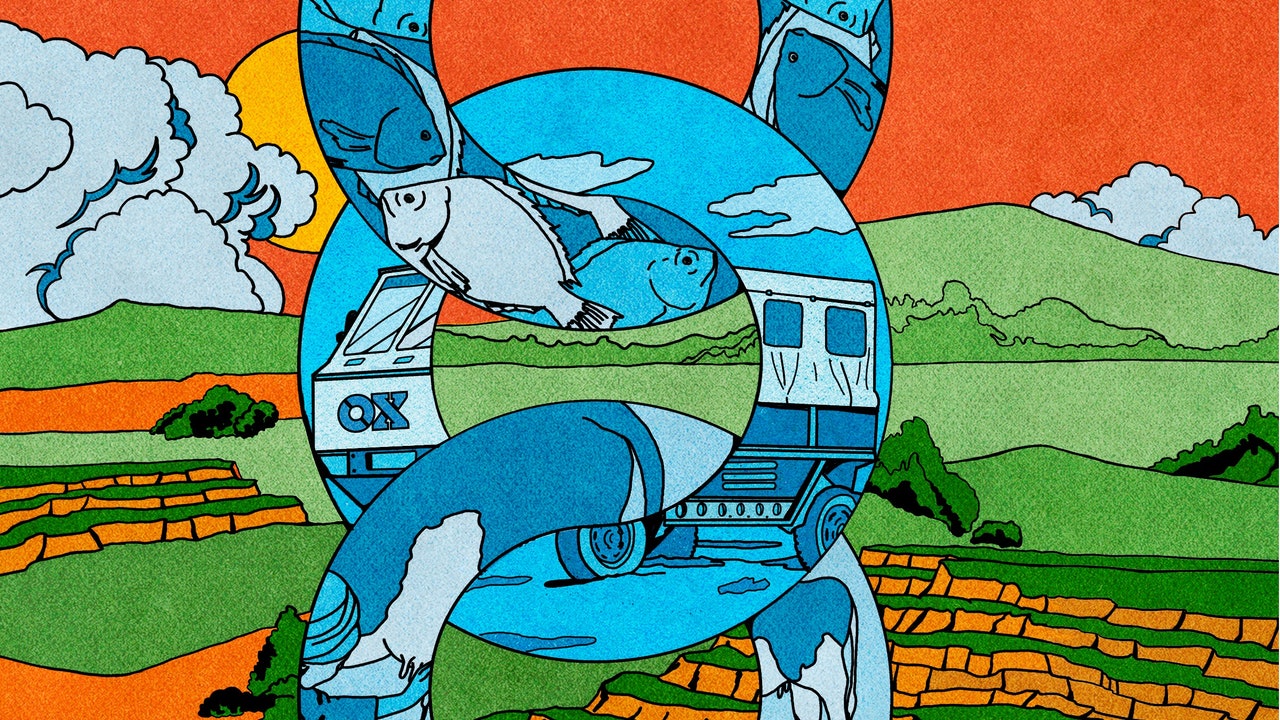Breaking News: A Stunning and Memorable Account of Reporting from Some of the Most Dangerous Places in the World , by Martin Fletcher. [rating: 4/5]
, by Martin Fletcher. [rating: 4/5]
Martin Fletcher, the NBC News Bureau Chief in Tel Aviv with a penchant for posing on top of destroyed tanks, provides a great look back at his life covering conflict.
War reporters face moral dilemmas all day: Is it reasonable to film a crying woman two feet from the lens? How about a lost child screaming for its parent? Should one film him or take him by the hand? If a man is to be executed and the soundman’s gear suddenly doesn’t work, what do you do? Delay the execution? That’s what the BBC’s David Tyndall did in Biafra in 1970, when he yelled, “Hold it, we haven’t got sound,” and the quivering man about to be killed had to suffer that much longer while the soundman sorted out his gear. Later, Tyndall was mortified by his instinctive response to the dilemma, as was the BBC, which severely reprimanded him. But every move in this job poses a different dilemma, and nobody can be right all the time. In fact, the most critical question is usually not moral in nature but practical: How far down this road can I drive and stay safe?
Fletcher takes us through his experiences beginning with the Yom Kippur War in Israel and then on throughout Africa (Somalia, Rwanda, Rhodesia (now Zimbabwe), South Africa), Cyprus, Afghanistan, etc. This from Albania, covering the Kosovo war:
Then there was the small matter of the bandits who preyed on travelers, especially foreign journalists flush with cash. One BBC television team hired a small truck and driver. Just as they were approaching the final leg of the journey into the country’s wild and poor northeast, they ran into a group of armed men who stopped their vehicle at gunpoint and demanded money. The producer handed over his shoulder bag with envelopes of cash, and they were allowed to proceed unharmed. The team was shocked, but the producer chuckled and said, “Don’t worry, I’m not dumb, that was just a token in case we got robbed. The real money is in my boot.” The team laughed with relief, whereupon their Albanian driver stopped the car, put a gun to the producer’s head, and stole the rest of the money. Then the driver forced everybody out and drove off with their gear. And he was one of the good guys.
Breaking News: A Stunning and Memorable Account of Reporting from Some of the Most Dangerous Places in the World , by Martin Fletcher. [rating: 4/5]
, by Martin Fletcher. [rating: 4/5]
